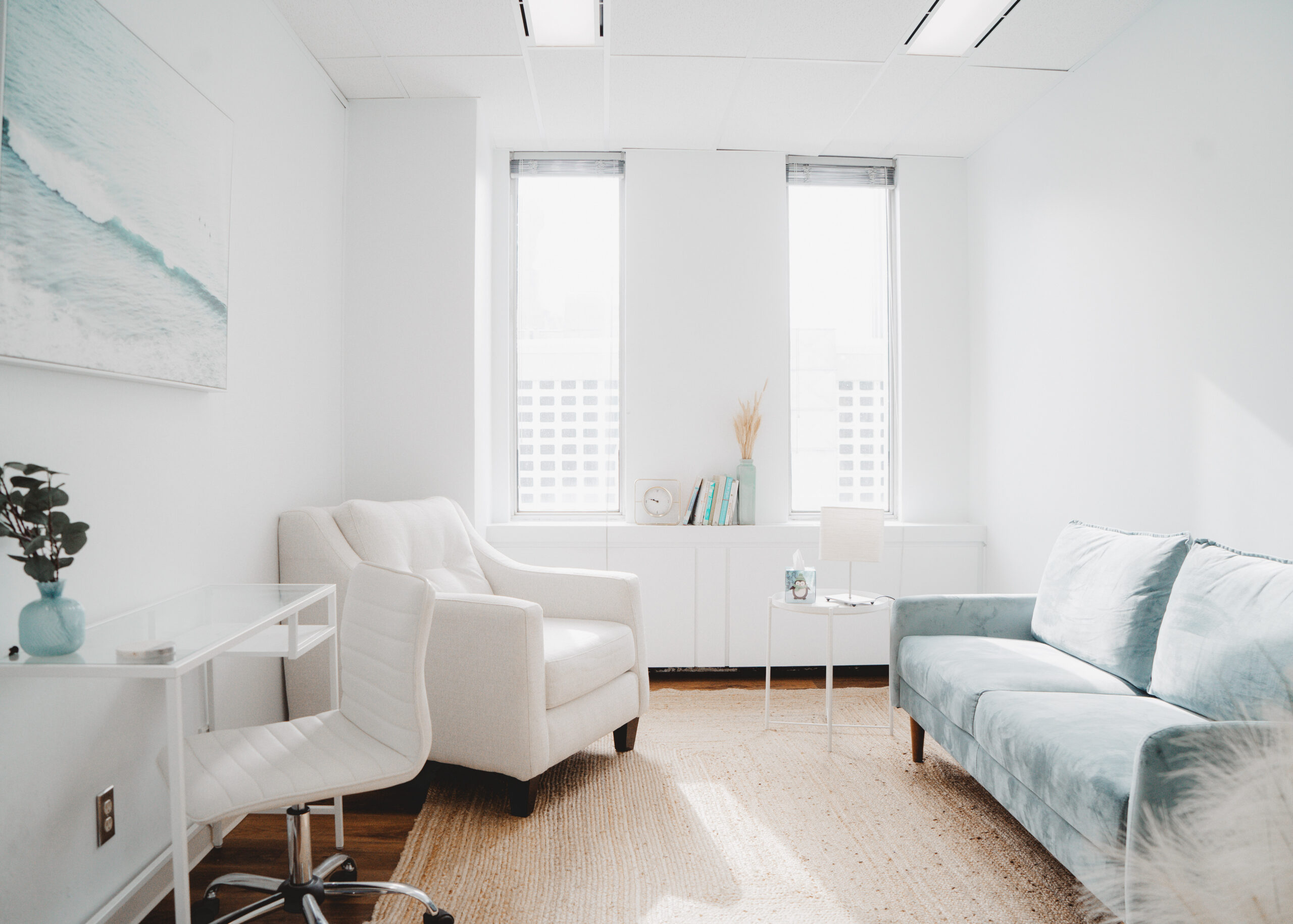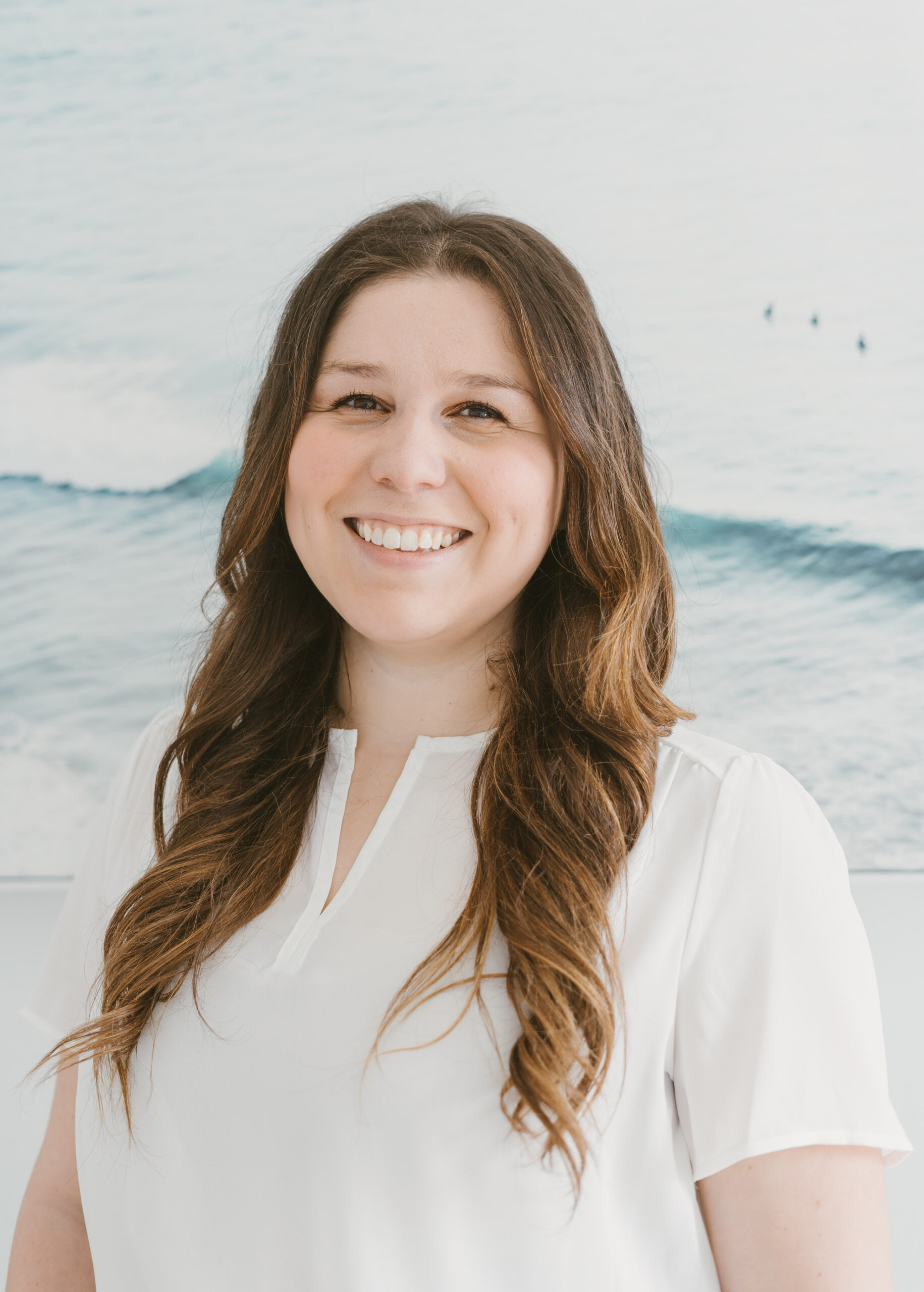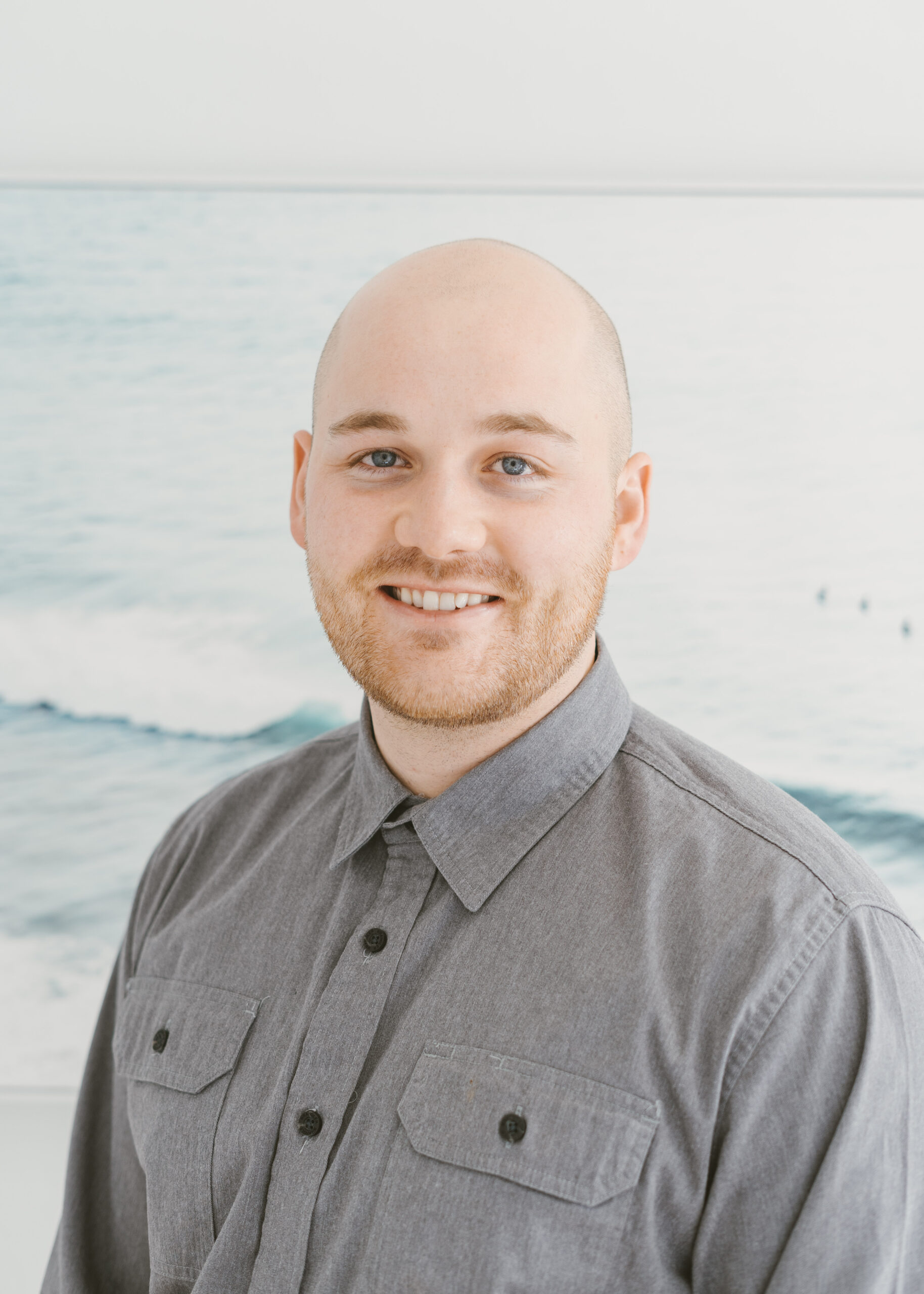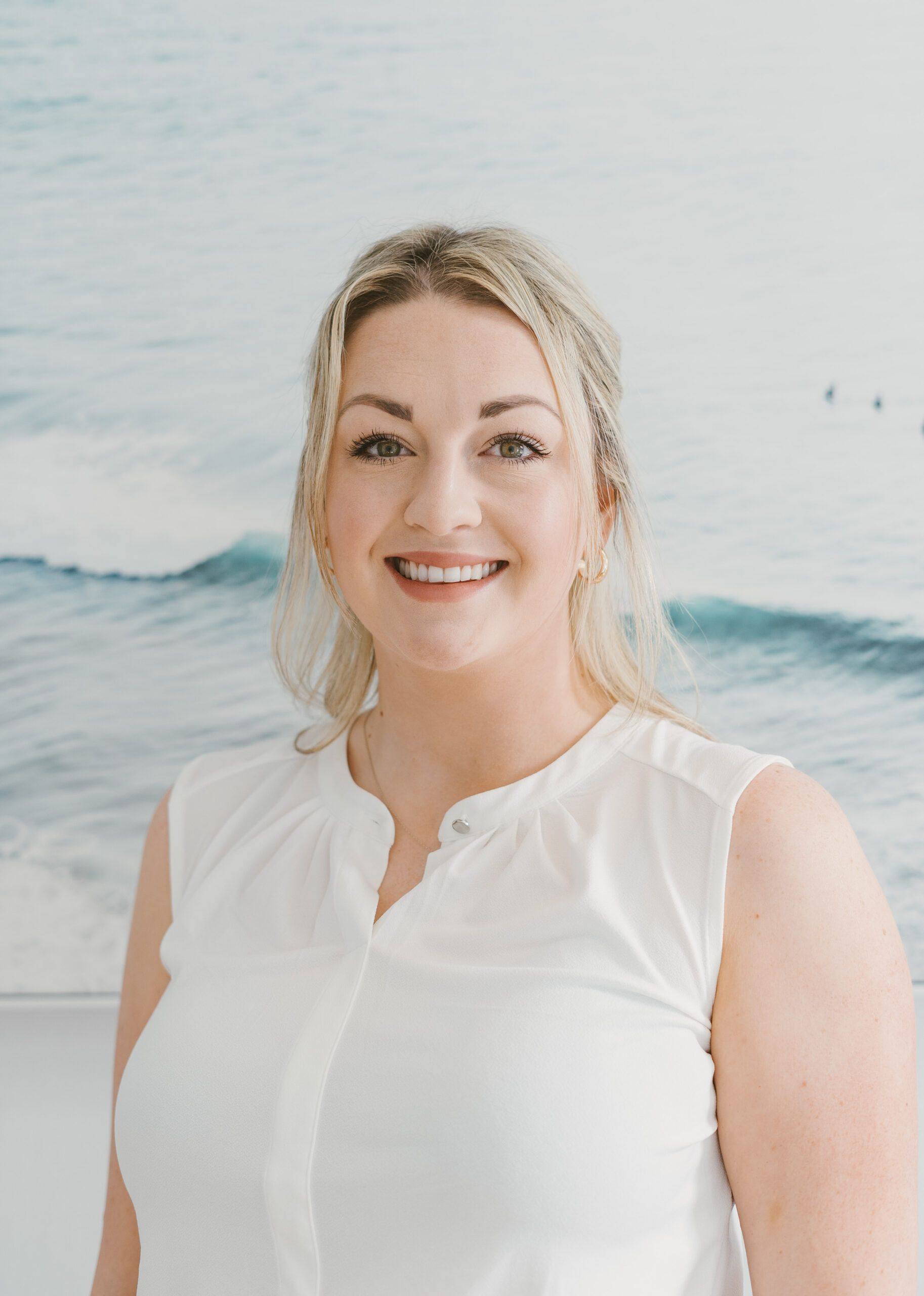DEPRESSION THERAPY SERVICES IN OTTAWA, ON
Book Your Free Discovery Call
“It isn’t the things that happen to us in our lives that cause us to suffer, it’s how we relate to the things that happen to us that causes us to suffer.”
― Pema Chödrön
Lately, you find yourself worrying more often than not. You feel like this anxiety and worrying is getting out of hand. You constantly feel “on edge”, unable to relax. You may be more irritable or judgy. You feel tired, even after a good night’s sleep. You carry a lot of tension in your body. Despite your best efforts, you have trouble concentrating and sometimes “blank out” completely. It feels like you worry about “anything and everything”. Or maybe you are really focused on one type of worry, like other people judging you, your finances or your health. People tell you to “think positively”, but all you can seem to think about is the worst case scenario.
You spend hours lying in bed before you can fall asleep. Preparing for stressful tasks takes way longer for you than for others. You find yourself double checking things over and over again. You may find yourself replaying events that passed to make sure you didn’t make a mistake and find that you need a lot of reassurance from others just to feel ok, for a moment. You find it really tough to delegate, which in turn makes you feel exhausted and resentful. Or you may avoid stressful situations altogether, like showing up to work, a gathering, or to an exam, because it feels too overwhelming. You have trouble letting things go and wonder how other people can be as carefree as they are. You feel like your anxiety is preventing you from spending quality time with your loved ones, as you feel “on edge” around them. You can no longer enjoy the happy times in your life because you are too worried about the future or the past.
What are the signs and symptoms of depression?
Mental health struggles can show up in different ways for different people. The only person who knows your life better than you is you, so it’s important you understand how your struggles affect you. With the right support, you can overcome your challenges and live a life you enjoy again.

Common signs and symptoms of depression include:
Feeling down, sad, hopeless or empty.
Feeling very tired.
Having a hard time sleeping or sleeping too much.
Noticing a change in appetite and or weight
Worthlessness or excessive guilt
Difficulties thinking, concentrating, or make decisions
Problems getting along with others, including your spouse or partner and other family members.
Problems getting along with others, including your spouse or partner and other family members.
Thoughts about death, suicidal thoughts and or attempts
This is just a list of symptoms that are common to depression. We all experience depression in our own unique ways. You can cope with your depression more effectively if you seek the support of a depression therapist. Change is possible with some help.
If you are experiencing active suicidal thoughts, please text or call 9-8-8 for the National Suicide Crisis Line. If you are at risk of harming yourself, please go to the nearest emergency room.

HOW CAN DEPRESSION THERAPY SERVICES IN OTTAWA, ON HELP?
We want to help you work through and rise above your depression
At Uprise Psychology & Wellness, we understand that mental health struggles can impact your life in major ways and might make it seem like your dreams are out of reach. We want to help you work through your difficulties so that you can feel empowered and in control of your own life, regardless of what you have been through. Our psychologists and therapists have worked with many people who have struggled with a wide range of difficulties, including anxiety, depression, burnout, eating disorders and trauma. Before therapy, many people focused on what had gone wrong or what might go wrong. After therapy, they were able to enjoy the present moment more without worrying about the future knowing that they were able to work challenges that may come their way.
Our team is here to help!
READY TO MAKE THAT FIRST STEP?
Complete the form below to get your free discovery call.









